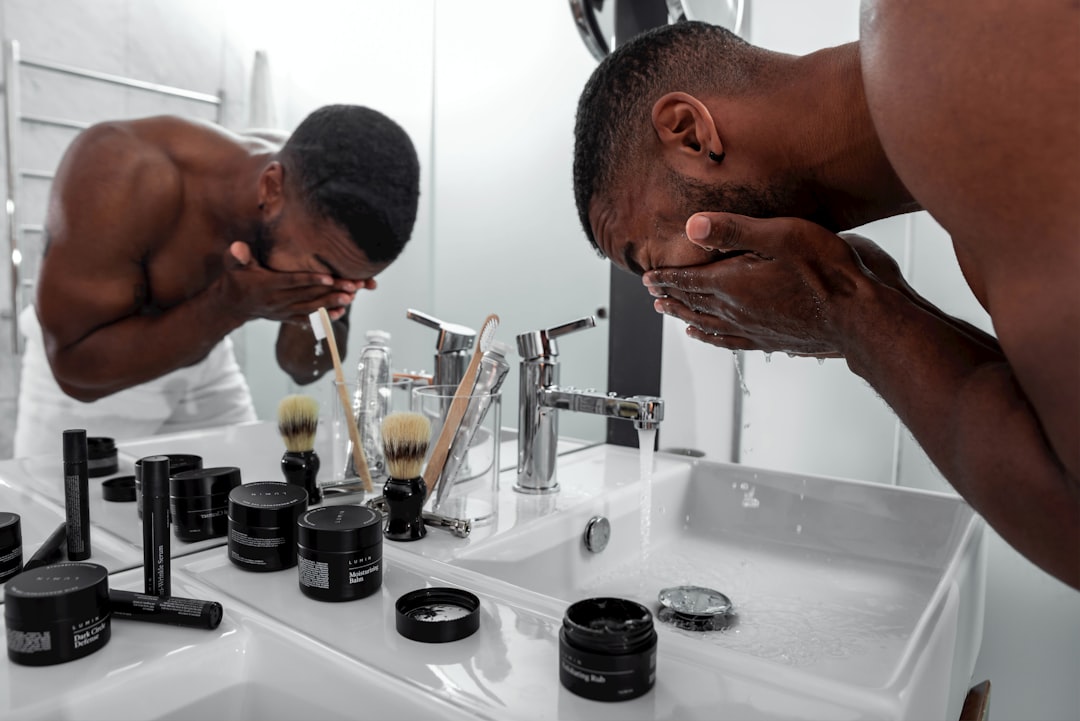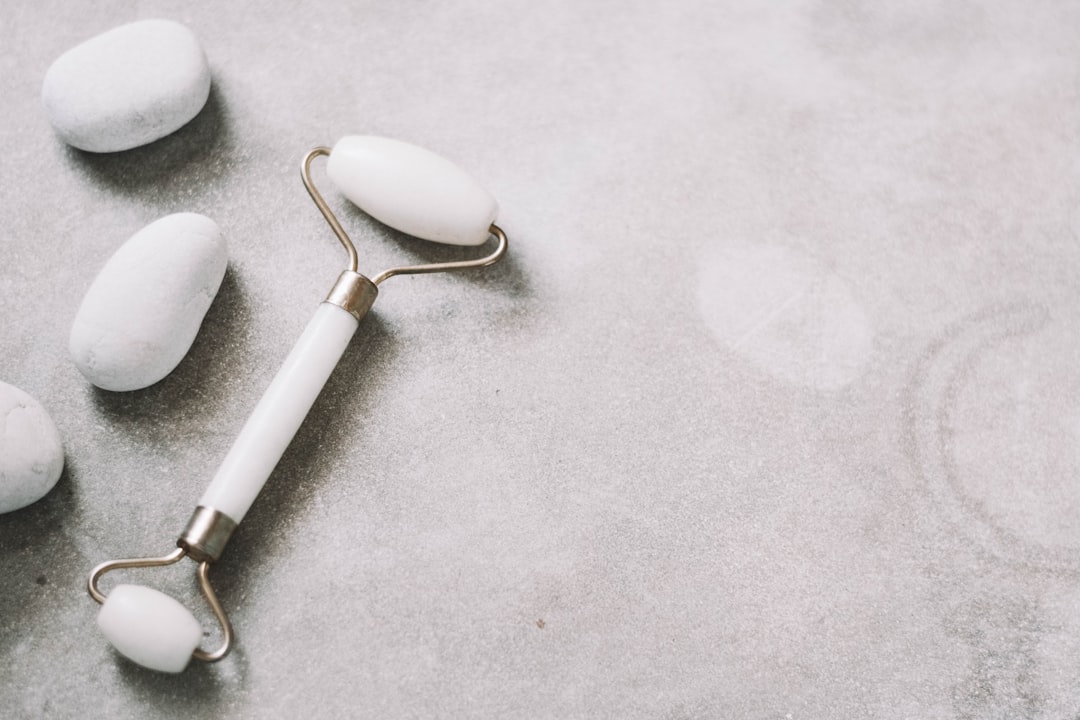Skincare product expiration dates are an important aspect of maintaining healthy and effective skincare routines. These dates are typically indicated on the packaging of the product and serve as a guideline for when the product is no longer considered safe or effective to use. It’s important to note that skincare products, like any other consumable item, have a limited shelf life due to the potential for bacterial growth, oxidation, and degradation of active ingredients over time.
Understanding skincare product expiration dates involves knowing the different types of expiration indicators used by manufacturers. Some products have a specific expiration date printed on the packaging, while others use a “period after opening” (PAO) symbol, which looks like an open jar with a number and the letter “M” inside. This symbol indicates the number of months the product is safe to use after it has been opened. Additionally, some products may have a manufacturing date or batch code that can be used to determine the shelf life of the product. It’s important to pay attention to these indicators and adhere to them to ensure the safety and efficacy of your skincare products.
Skincare product expiration dates are not just a suggestion; they are crucial for maintaining the quality and safety of the products. Using expired skincare products can lead to skin irritation, allergic reactions, and even infections. It’s essential to be mindful of these dates and to properly store your skincare products to extend their shelf life and ensure their effectiveness.
Summary
- Skincare products have expiration dates to indicate the period of time they are most effective and safe to use.
- Signs that skincare products have expired include changes in texture, smell, and colour, as well as irritation or breakouts after use.
- Using expired skincare products can lead to skin irritation, infections, and reduced effectiveness of the product.
- Properly storing skincare products in a cool, dry place can help extend their shelf life and maintain their effectiveness.
- Check skincare product expiration dates by looking for the “period after opening” symbol or the actual expiration date on the packaging.
Signs that Skincare Products Have Expired
It’s important to be able to identify the signs that skincare products have expired to avoid potential harm to your skin. One of the most obvious signs of expiration is a change in the product’s texture, consistency, or smell. For example, if a moisturiser has become lumpy or separated, or if a serum has changed in colour or developed a foul odour, these are clear indicators that the product has expired and should no longer be used.
Another sign that a skincare product has expired is a decrease in its effectiveness. If you find that a product is no longer delivering the results it once did, it may be due to the degradation of active ingredients over time. Additionally, if you experience any skin irritation, redness, or itching after using a product, it could be a sign that the product has expired and is no longer safe for use.
It’s also important to pay attention to the packaging of skincare products. If you notice that the packaging has become swollen, dented, or damaged in any way, it may indicate that the product has been compromised and is no longer safe for use. These signs should not be ignored, as using expired skincare products can have negative effects on your skin and overall health.
The Dangers of Using Expired Skincare Products
Using expired skincare products can pose several dangers to your skin and overall health. One of the most common risks is skin irritation and allergic reactions. When skincare products expire, the active ingredients may degrade or become contaminated, leading to potential skin irritation, redness, itching, and even allergic reactions. This can be particularly harmful for individuals with sensitive skin or existing skin conditions.
Expired skincare products can also lead to bacterial growth and contamination. As products age, they become more susceptible to bacterial growth, which can lead to infections and other skin issues. This is especially true for products that are applied with fingers or applicators, as they can introduce bacteria into the product over time. Using expired skincare products can therefore increase the risk of developing skin infections and other health concerns.
In addition to these risks, using expired skincare products can also result in decreased effectiveness. Active ingredients in skincare products degrade over time, which can lead to a decrease in their efficacy. This means that using expired products may not provide the intended benefits for your skin, leading to wasted time and money on ineffective products. It’s important to be aware of these dangers and to properly dispose of expired skincare products to avoid potential harm.
How to Properly Store Skincare Products to Extend their Shelf Life
Properly storing skincare products is essential for extending their shelf life and maintaining their effectiveness. One of the most important factors in storing skincare products is temperature. It’s crucial to store products in a cool, dry place away from direct sunlight and heat sources, as exposure to high temperatures can cause the ingredients to degrade more quickly. This means avoiding storing products in bathrooms or other humid environments where temperatures fluctuate.
Another key aspect of proper storage is keeping skincare products tightly sealed and away from air and moisture. Exposure to air and moisture can lead to oxidation and degradation of active ingredients, reducing the effectiveness of the product over time. It’s important to keep lids and caps securely closed when not in use and to avoid leaving products open for extended periods.
Additionally, it’s important to pay attention to the packaging of skincare products when storing them. Some products come in opaque or tinted packaging to protect them from light exposure, while others may require special storage considerations. It’s important to follow any specific storage instructions provided by the manufacturer to ensure the longevity of the product.
By following these storage guidelines, you can help extend the shelf life of your skincare products and ensure that they remain safe and effective for use.
Tips for Checking Skincare Product Expiration Dates
Checking skincare product expiration dates is an important part of maintaining a healthy skincare routine. One tip for checking expiration dates is to look for the “period after opening” (PAO) symbol on the packaging. This symbol indicates the number of months the product is safe to use after it has been opened. By keeping track of when you first opened a product and comparing it to the PAO symbol, you can determine whether the product is still safe for use.
Another tip is to pay attention to any changes in the product’s texture, consistency, smell, or effectiveness. If you notice any of these changes, it may indicate that the product has expired and should no longer be used. Additionally, it’s important to regularly inspect the packaging for any signs of damage or compromise that could indicate that the product has expired.
It’s also helpful to keep track of when you purchased skincare products and to use them within a reasonable timeframe. By rotating your products and using them in a timely manner, you can help ensure that they remain safe and effective for use.
Common Myths about Skincare Product Expiration
There are several common myths about skincare product expiration that can lead to confusion and misinformation. One common myth is that all skincare products have a specific expiration date printed on the packaging. While some products do have a specific expiration date, others use a “period after opening” (PAO) symbol or a manufacturing date or batch code to indicate their shelf life. It’s important to be aware of these different indicators and to follow them accordingly.
Another myth is that expired skincare products are harmless and can still be used without any negative effects. In reality, using expired skincare products can lead to skin irritation, allergic reactions, bacterial contamination, and decreased effectiveness. It’s crucial to pay attention to expiration dates and signs of expiration to avoid potential harm to your skin and overall health.
Additionally, there is a common misconception that natural or organic skincare products do not expire. While these products may have shorter shelf lives due to the absence of synthetic preservatives, they still have expiration dates and should be used within their recommended timeframe.
It’s important to be aware of these myths and to educate yourself on proper skincare product expiration guidelines to ensure the safety and effectiveness of your skincare routine.
The Environmental Impact of Expired Skincare Products
The environmental impact of expired skincare products is an often overlooked aspect of their disposal. When skincare products expire or are no longer safe for use, it’s important to properly dispose of them in an environmentally responsible manner. Improper disposal can lead to pollution and harm to ecosystems.
One environmental concern is the disposal of skincare products containing harmful chemicals or synthetic ingredients. When these products are disposed of improperly, they can leach into soil and water sources, leading to pollution and potential harm to wildlife and ecosystems. It’s important to be mindful of the ingredients in skincare products and to dispose of them according to local regulations for hazardous waste.
Additionally, the packaging of skincare products can contribute to environmental waste if not disposed of properly. Many skincare products come in plastic containers or packaging that may not be recyclable or biodegradable. It’s important to check local recycling guidelines and dispose of packaging responsibly to reduce environmental impact.
By being mindful of the environmental impact of expired skincare products and taking steps to dispose of them responsibly, you can help minimise harm to the environment while maintaining a healthy skincare routine.
Certainly! Here’s the paragraph with the related article included as an tag:
“Have you ever wondered if skincare products can expire? Understanding the shelf life of your favourite creams and serums is crucial for maintaining their effectiveness. In a recent article on BestSkincareProducts.eu, they delve into the topic of skincare product expiration and provide valuable insights on how to identify when it’s time to bid adieu to your beloved beauty essentials. For more tips on keeping your skincare routine fresh and effective, check out their article on anti-aging skincare recipes with natural ingredients or explore their review of The Ordinary’s products in their article Brand Review: The Ordinary – A Mix of Hits and Misses. Additionally, learn about the benefits of vitamin C for your skin in their insightful piece on The Benefits of Vitamin C for Your Skin.”
FAQs
Can skincare products expire?
Yes, skincare products can expire. Just like food and other perishable items, skincare products have a shelf life and can go bad over time.
How can I tell if my skincare product has expired?
Look for an expiration date on the packaging. If there is no expiration date, check for any changes in the product’s texture, smell, or colour. If the product has changed in any of these ways, it may have expired.
What happens if I use an expired skincare product?
Using an expired skincare product can lead to skin irritation, breakouts, or other adverse reactions. The active ingredients in the product may have degraded, making it less effective or even harmful to use.
How can I extend the shelf life of my skincare products?
To extend the shelf life of your skincare products, store them in a cool, dry place away from direct sunlight. Keep the lids tightly closed to prevent air and bacteria from getting into the product.
Do natural skincare products expire faster than synthetic ones?
Yes, natural skincare products often have a shorter shelf life than synthetic ones. This is because natural ingredients are more prone to degradation and bacterial growth. It’s important to check the expiration date and store natural products properly.




